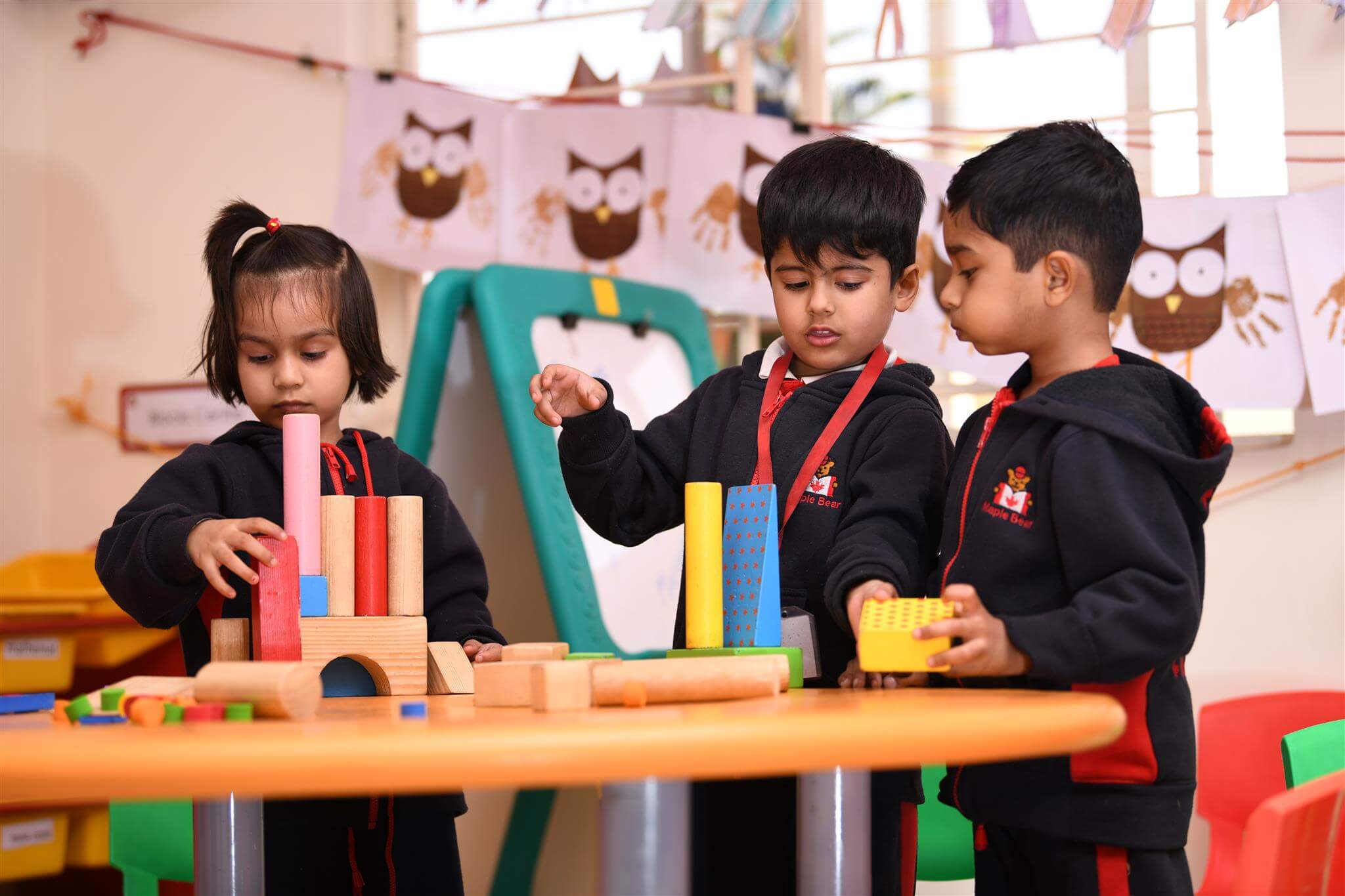Do you often feel that your child is taking a little longer to speak than other children? While the rest of the kids of the same age are capable of doing the simple additions and subtraction sums minus any effort, your little one is struggling to figure out how to approach a sum? All these and more can be a sign of slow progress but definitely not incapability. And that’s because every child is born unique and learns at his/her own unique pace.
Do you know that the world-famous personalities and the pioneers in scientific innovations like Albert Einstein and Thomas Alva Edison also had problems learning during their early childhood days? However, these challenges never came in their ways of setting new benchmarks for the generations to come in science.
At The Star Global School, one of the best school in Rohtak, we firmly believe that just because your child is learning at a slower pace does not make him/her any less capable of becoming successful in the long run. Hence, just like many other parenting challenges that you have been through, just hold your patience and maintain positivity in your heart, and you will surely watch your child overcome all these obstacles to perform to its best potentials. If your child is taking more time to learn than average, allow him/her the time and be patient.
And to help you further in this matter, we, at The Star Global School, have brought forth in this article today an insight into some common learning difficulties that children may come across in the early years and the ways to deal with these without losing hope or comparing with others.
Talk to your child more if he/she is taking time to speak up
If you are a parent to a three to four year old toddler who seldom talks, you need to pay special attention. Since most of the families have few members these days, children do not see many people talking with each other regularly. Learning to speak is all about listening to other people’s talking. In nuclear families, children come across fewer conversations and therefore take time to develop their own verbal skills.
If this is the problem with your child, talk to him/her as much as you can and about everything without expecting any responses. Plenty of kids also have a tendency to point out things without uttering the name of it. For example, if your child points out a glass of water without uttering the word “water,” ask him/her to say the word and ignore their indications as far as possible. This will persuade the kid to speak up.
Make learning experiential if your child is slow on the number or alphabet recognition
Plenty of children fail to recognize letters, words, numbers, even when they are as old as 4 years. If you think your child is taking more time to recognize patterns, arrangement orders, letters, numbers, etc., it could result from a lack of cognitive abilities. At The Star Global School, ranked among the best school in Rohtak, we believe that the best way to deal with it would be introducing live examples related to those things. For example, when introducing the alphabet A, take out an apple or point out an ant. This will help your child remember the very shape of the letter concerning the things he/she comes across every day.
The Right Way to Deal with the Learning Difficulties of Kids
At The Star Global School, we firmly believe that the key to progress lies in making learning and education a part of life. When children are provided with experiential learning opportunities with the help of examples taken from real life, it makes things more understandable for them. Avoid judging your child’s capabilities based on temporary performances. A summative approach for measuring your child’s potentials and abilities is always a better yardstick. Watch over your child’s progress on individual scales regardless of the progress of others. Comparing your kid’s progress with others can ultimately be stressful for the little one and of no positive outcomes at all. Hence, have patience and faith, and your child will surely get over his/her learning difficulties with time.


